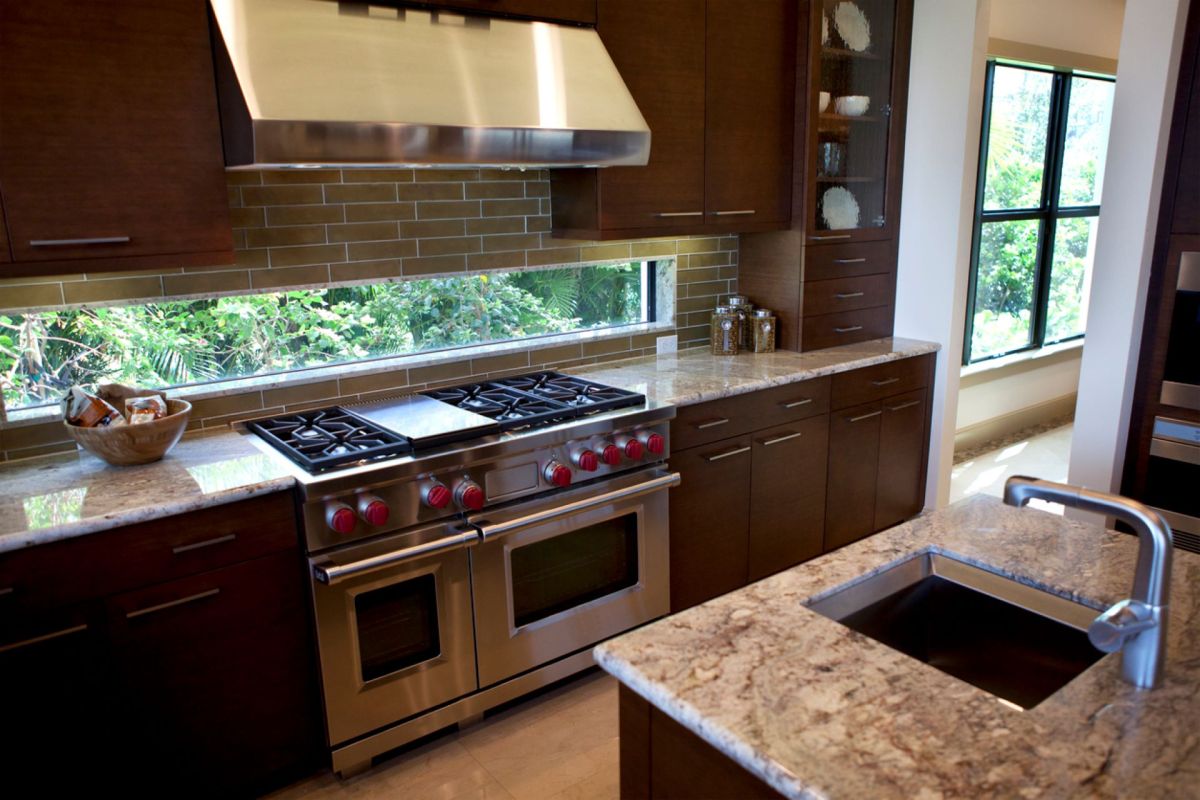A federal court has doubled down on its decision to prevent the city of Berkeley's historic ban on natural gas in new homes, creating a major setback in the city's quest to upgrade its buildings.
As reported by Grist, the court denied requests for a rehearing in early January after it struck down Berkeley's ban of natural gas appliances last April. Its decision could have ramifications for similar attempts to make upgrades in other Californian communities.
What happened?
The city of Berkeley became the first U.S. city to ban natural gas hookups in new buildings in 2019 in an effort to reduce harmful pollution, as the Guardian reported.
Buildings would have been all-electric instead, using heat pumps, ovens, and other appliances hooked up to the grid.
But before the ordinance could come into effect, the California Restaurant Association (CRA) filed a lawsuit arguing that it was "irresponsible" in the face of planned power outages and that it violated federal and state law.
The Ninth U.S. Circuit Court of Appeals in San Francisco ruled in favor of the CRA, agreeing that the ordinance conflicted with federal legislation, which gives the U.S. government jurisdiction over energy efficiency standards, according to reporting from Berkeleyside and the Associated Press.
Per Grist, campaigners fear that similar initiatives to make upgrades, including in cities like Encinitas, Santa Cruz, and San Luis Obispo, now hang in the balance.
"This uncertainty is going to cause some local governments to pull back a bit," Amy Turner, director of the Cities Climate Law Initiative at Columbia University, told Grist. "That's an unfortunate reality of being a local government."
Why is Berkeley's setback in upgrading its buildings concerning?
The fumes produced by natural gas appliances aren't just bad for the environment — they hurt people's health too, contributing to respiratory problems, heart disease and childhood asthma, according to Columbia University and other sources.
Cooking with natural gas releases carbon monoxide, particulate matter, and nitrogen dioxide, which, if inhaled, can create the same health impacts as secondhand smoke, Columbia has reported.
Studies have shown that households that replace gas stoves with electric saw a 35% reduction in daily exposure to nitrogen dioxide.
There were also hopes that electrification could help Berkeley meet pollution-reduction goals by 2050 — a target it is falling behind on, as Berkeleyside reports.
Natural gas makes up 27% of Berkeley's planet-warming pollution and 73% of pollution from its building sector, Berkeley councilperson Kate Harrison said last year, per Berkeleyside.
Electricity, on the other hand, is increasingly sustainable. Renewable energy is among the U.S. electric grid's fastest-growing sources, currently contributing about a fifth of its power.
Though natural gas still fuels much of the grid, the hope is that as renewable energy grows, it will make electric appliances even more planet-friendly.
What's being done to aid electrification?
The Ninth Circuit's ruling may have effectively blocked or delayed gas bans in some Western states, like California, Oregon, and Washington. Another ban in New York City — which should facilitate the adoption of more beneficial technology — was expected to go ahead in 2026 but also faces legal challenges, according to the platform City Limits.
Homeowners can take steps to replace their own gas appliances too. An energy-efficient induction stove, for example, can reduce both asthma-causing pollution and your utility bills.
Some Americans may even be eligible for up to a $840 rebate, which the Inflation Reduction Act offers for new electric stoves or ovens, per Rewiring America.
Join our free newsletter for cool news and actionable info that makes it easy to help yourself while helping the planet.









